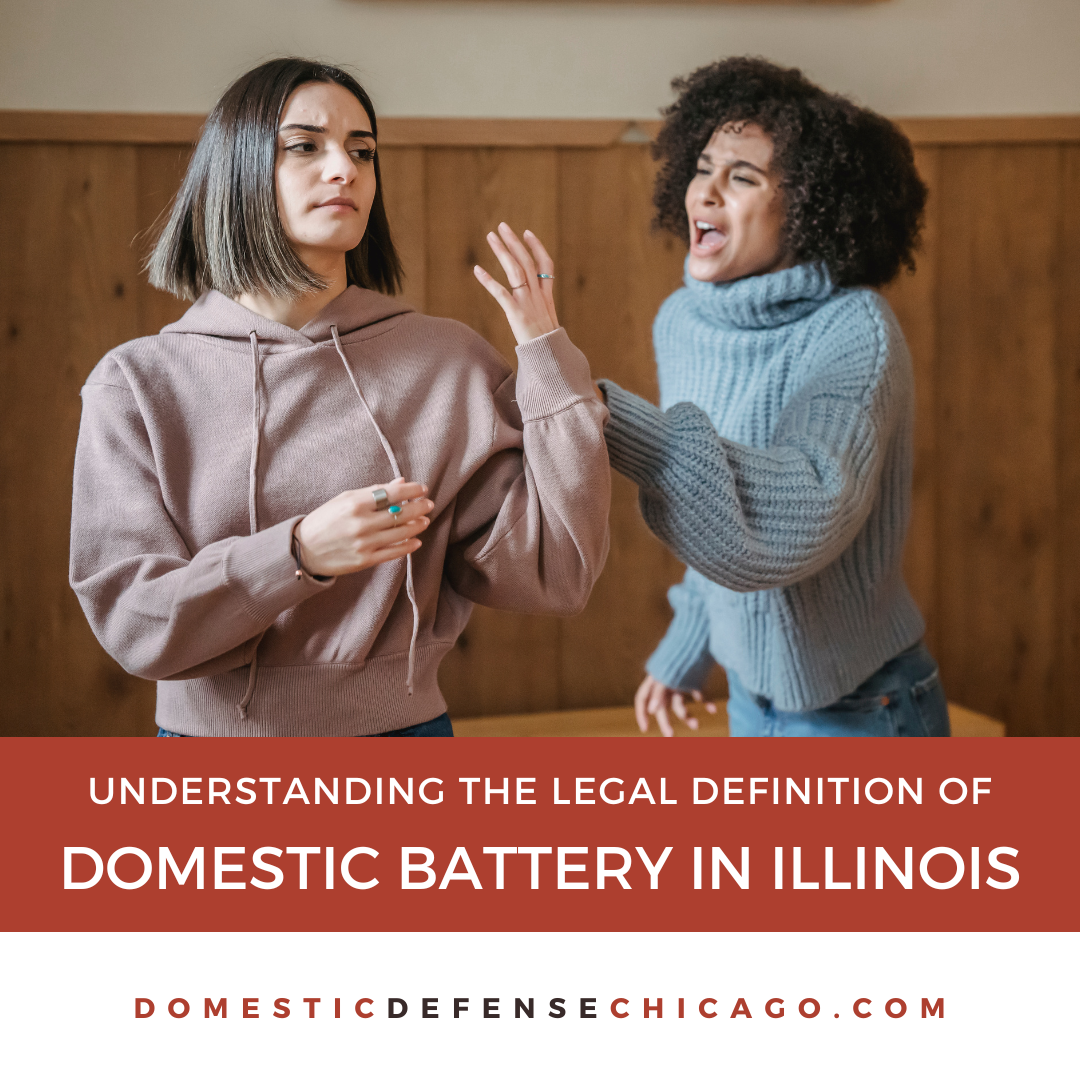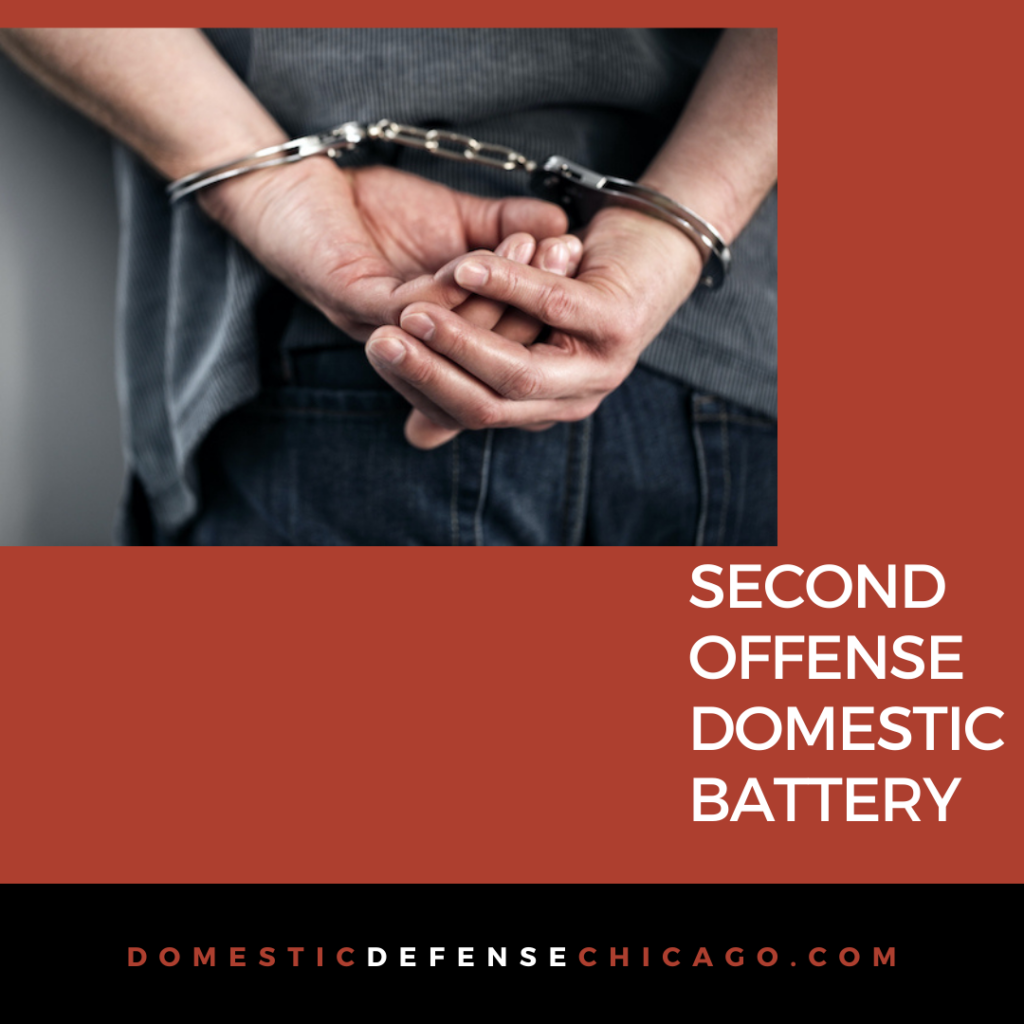Legal Definition and Scope of Domestic Battery

Domestic battery is a serious crime that can have devastating consequences for victims and their families. It is crucial to understand the legal definition of domestic battery, its elements, and the potential consequences.
Legal Definition of Domestic Battery
Domestic battery is a crime that involves the unlawful use of force against another person with whom the perpetrator has a domestic relationship. The definition of domestic battery varies by jurisdiction, but generally includes relationships such as spouses, former spouses, cohabitants, romantic partners, and family members.
Elements of Domestic Battery
To prove domestic battery, the prosecution must establish the following elements:
- An act of violence: This element requires proof that the defendant committed an act that caused physical harm to the victim. The act can include hitting, kicking, punching, shoving, or any other action that results in physical contact.
- Intent: The prosecution must prove that the defendant acted intentionally, meaning they knowingly and voluntarily caused the harm.
- Domestic relationship: The prosecution must establish that the defendant and the victim have a domestic relationship, as defined by the specific jurisdiction.
Types of Domestic Battery
Domestic battery can manifest in various forms, including:
- Physical Assault: This involves physical contact that causes bodily harm, such as hitting, kicking, or punching.
- Sexual Assault: This involves non-consensual sexual contact, such as rape, sexual abuse, or sexual coercion.
- Emotional Abuse: This involves verbal or psychological abuse that causes emotional distress, such as threats, intimidation, or manipulation.
Legal Consequences of Domestic Battery
The legal consequences of domestic battery vary depending on the severity of the offense, the jurisdiction, and the defendant’s criminal history.
- Misdemeanor Charges: Less severe cases of domestic battery may result in misdemeanor charges, leading to fines, probation, community service, and counseling.
- Felony Charges: More serious cases, such as those involving severe injury or the use of a weapon, may result in felony charges. Felony convictions can lead to significant prison sentences and other penalties.
- Protective Orders: Victims of domestic battery may be eligible for protective orders, which restrict the defendant’s contact with the victim.
Causes and Risk Factors of Domestic Battery

Domestic battery, a form of intimate partner violence, is a complex issue with multifaceted causes. Understanding the factors that contribute to this harmful behavior is crucial for prevention and intervention efforts. While there is no single cause, several factors can increase the risk of domestic battery, including substance abuse, mental health issues, relationship dynamics, power imbalances, and societal influences.
Substance Abuse
Substance abuse, including alcohol and drug use, is a significant risk factor for domestic battery. Intoxication can impair judgment, increase aggression, and lower inhibitions, making individuals more likely to engage in violent behavior. Substance abuse can also contribute to financial strain, relationship problems, and mental health issues, all of which can escalate the risk of violence.
Mental Health Issues
Mental health conditions, such as depression, anxiety, and personality disorders, can increase the likelihood of domestic battery. These conditions can affect emotional regulation, impulse control, and communication skills, making it difficult for individuals to manage anger and conflict constructively. It is important to note that mental health issues do not excuse domestic violence, but they can contribute to the complex interplay of factors that lead to it.
Relationship Dynamics
Unhealthy relationship dynamics, including possessiveness, jealousy, control, and a lack of communication, can create an environment conducive to domestic battery. When one partner exerts excessive control over the other, it can lead to feelings of isolation, fear, and dependence, making the victim more vulnerable to violence.
Power Imbalances
Power imbalances within relationships are often a contributing factor to domestic battery. The abuser may use their power to control their partner’s behavior, finances, social interactions, and access to resources. This can create a dynamic where the victim feels trapped and unable to leave the relationship, increasing their risk of violence.
Cultural Norms and Societal Attitudes
Cultural norms and societal attitudes can also influence the prevalence of domestic battery. In some cultures, violence against women is accepted or even normalized, making it more difficult for victims to seek help and for perpetrators to be held accountable. Societal attitudes that condone or minimize domestic violence can also contribute to its perpetuation.
Consequences and Impact of Domestic Battery

Domestic battery, a brutal act of violence, leaves behind a trail of devastating consequences, impacting victims physically, emotionally, and psychologically. Its ripple effects extend beyond the immediate victim, influencing families and communities. Understanding the far-reaching impact of domestic battery is crucial in addressing this societal issue.
Physical Consequences of Domestic Battery
Physical injuries sustained from domestic battery can range from minor bruises and cuts to severe and life-threatening injuries. Victims may experience broken bones, internal bleeding, concussions, and even death. These injuries can require extensive medical treatment, leading to long-term physical disabilities and chronic pain. The physical impact of domestic battery extends beyond the immediate injury, as victims may experience ongoing pain, limited mobility, and the need for assistive devices.
Emotional and Psychological Consequences of Domestic Battery
Domestic battery inflicts deep emotional wounds that can have lasting consequences. Victims may experience a wide range of emotions, including fear, anxiety, depression, post-traumatic stress disorder (PTSD), and low self-esteem. The trauma of domestic battery can lead to difficulty trusting others, forming healthy relationships, and coping with everyday life.
Impact on Children Exposed to Domestic Violence
Children exposed to domestic violence experience significant emotional, psychological, and developmental consequences. They may witness the abuse firsthand or be aware of it through overheard conversations or the victim’s behavior. Children exposed to domestic violence are at an increased risk of developing emotional and behavioral problems, such as anxiety, depression, aggression, and difficulty in school. They may also experience physical health problems and engage in risky behaviors.
Social and Economic Implications of Domestic Battery
Domestic battery has significant social and economic implications for families and communities. Victims may face financial hardship due to lost wages, medical expenses, and the need to relocate. Domestic battery can disrupt family relationships, leading to separation, divorce, and child custody disputes. The impact on communities extends beyond individual families, as it strains social services, increases healthcare costs, and contributes to a climate of fear and instability.
Resources and Support Systems for Victims of Domestic Battery
| Resource | Description |
|---|---|
| National Domestic Violence Hotline | Provides confidential support and referrals to victims of domestic violence 24/7. |
| Local Domestic Violence Shelters | Offer safe housing, counseling, and support services for victims of domestic violence. |
| Law Enforcement Agencies | Investigate domestic violence incidents and provide protection for victims. |
| Legal Aid Organizations | Provide legal assistance to victims of domestic violence, including restraining orders and divorce proceedings. |